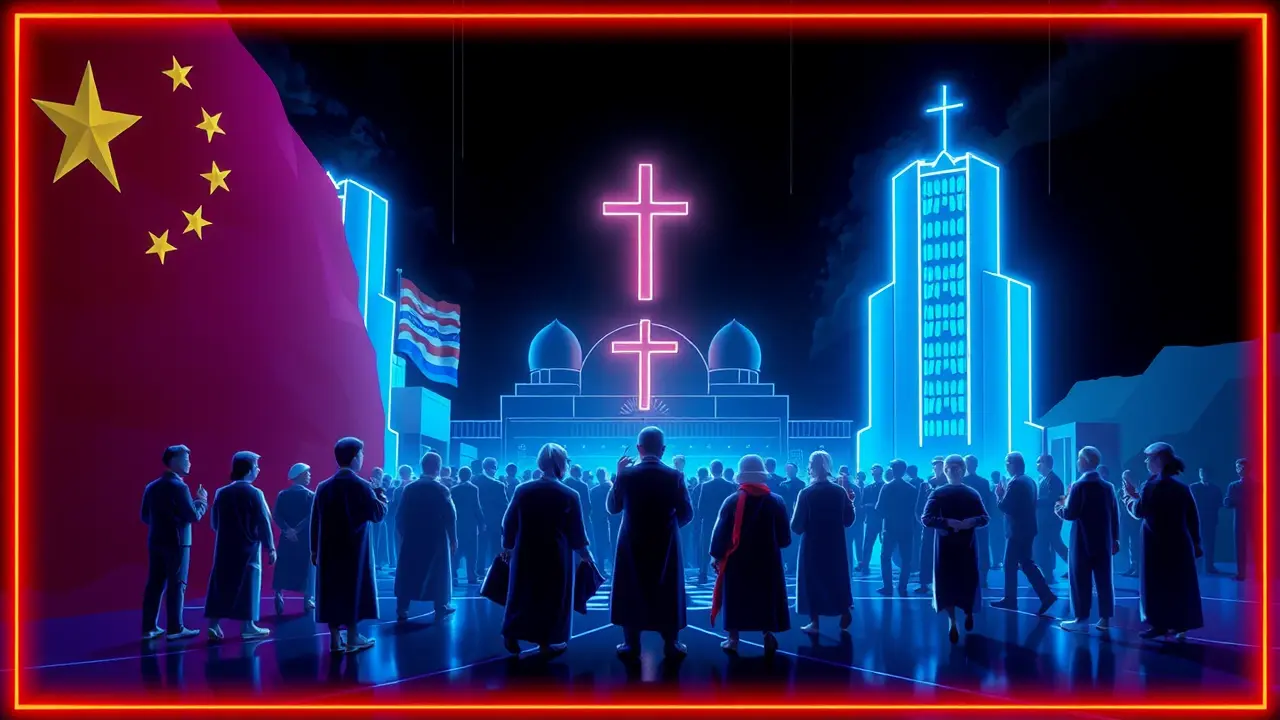US Urges China to Release Leaders of Underground Church
In a move that underscores the deepening fissures in US-China relations over human rights and religious freedom, American officials have issued a formal and public demand for the immediate release of Jin Mingri and other leaders of Zion Church, one of the nation's most extensive underground Christian networks. Founded by Pastor Jin in 2007, Zion Church represents a profound and growing grassroots spiritual movement that has chosen to operate outside the state-sanctioned Three-Self Patriotic Movement, a decision that places its thousands of members in a precarious legal and social position.This is not merely a diplomatic spat; it is a collision of fundamentally opposing worldviews on the role of faith in civil society. From a feminist and social policy perspective, the crackdown on such communities has a deeply gendered impact, disproportionately affecting women who often form the backbone of congregational life, organizing clandestine meetings and providing pastoral care at immense personal risk, their stories largely untold in the high-level political rhetoric.The Chinese government's stance, framed as a matter of maintaining social stability and national sovereignty, treats independent religious expression not as a fundamental human right but as a potential vector for foreign influence and social discord, a narrative it has consistently deployed to justify its system of control. Yet, for the families of the detained, this geopolitical maneuvering translates into empty chairs at dinner tables and a constant, gnawing fear—the very human cost so often abstracted in policy debates.The US appeal, while morally charged, risks further entrenching Beijing's position, potentially casting the detainees as pawns in a broader strategic competition and complicating the delicate work of international NGOs advocating quietly behind the scenes. This case echoes historical patterns of state suppression of dissent, but it also highlights a modern paradox: in an era of unprecedented digital surveillance, how does a community built on intimate, physical fellowship survive? The resilience of Zion Church, much like the countless other unregistered house churches across China, is a testament to a faith that persists even when forced into the shadows, a quiet rebellion not for political power, but for the simple, profound freedom to worship. The international community now watches, its leverage limited, as the personal convictions of a pastor and his congregation become a litmus test for the very soul of a global power.
JA
Jamie Lawson123k2 days ago
i’ve always respected the reporting here but idk this one feels a bit one-sided tbh
0
